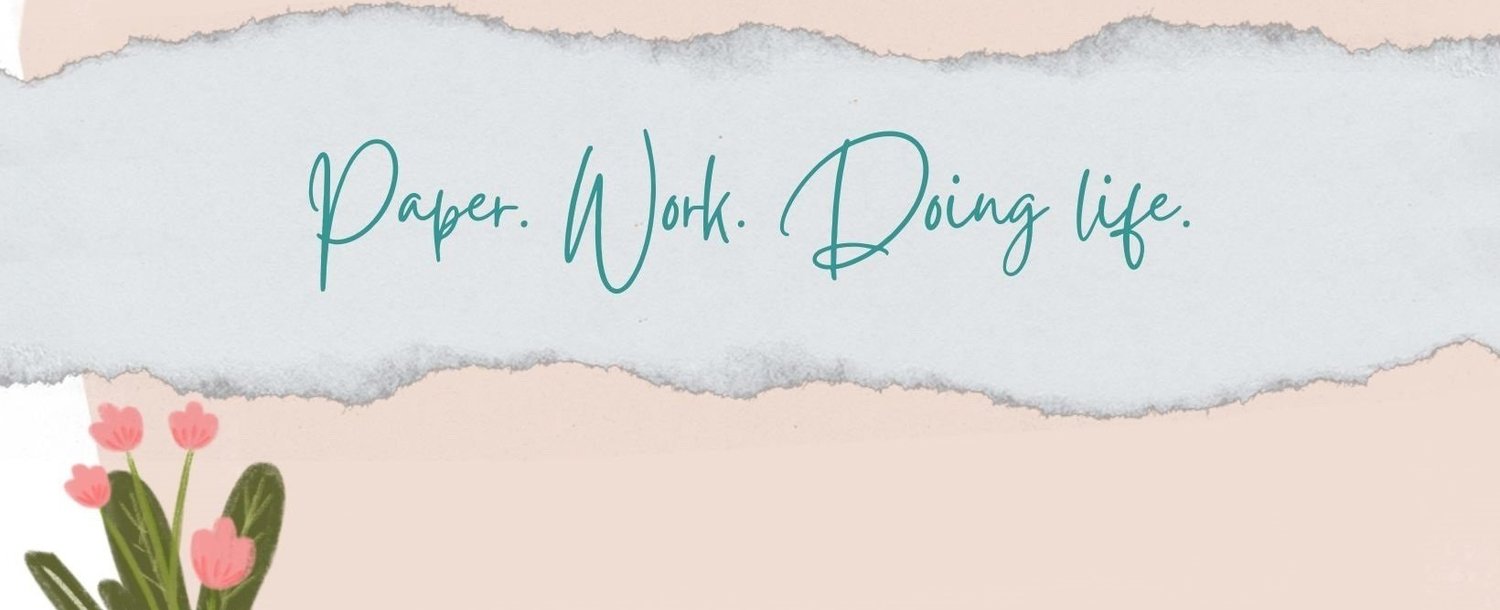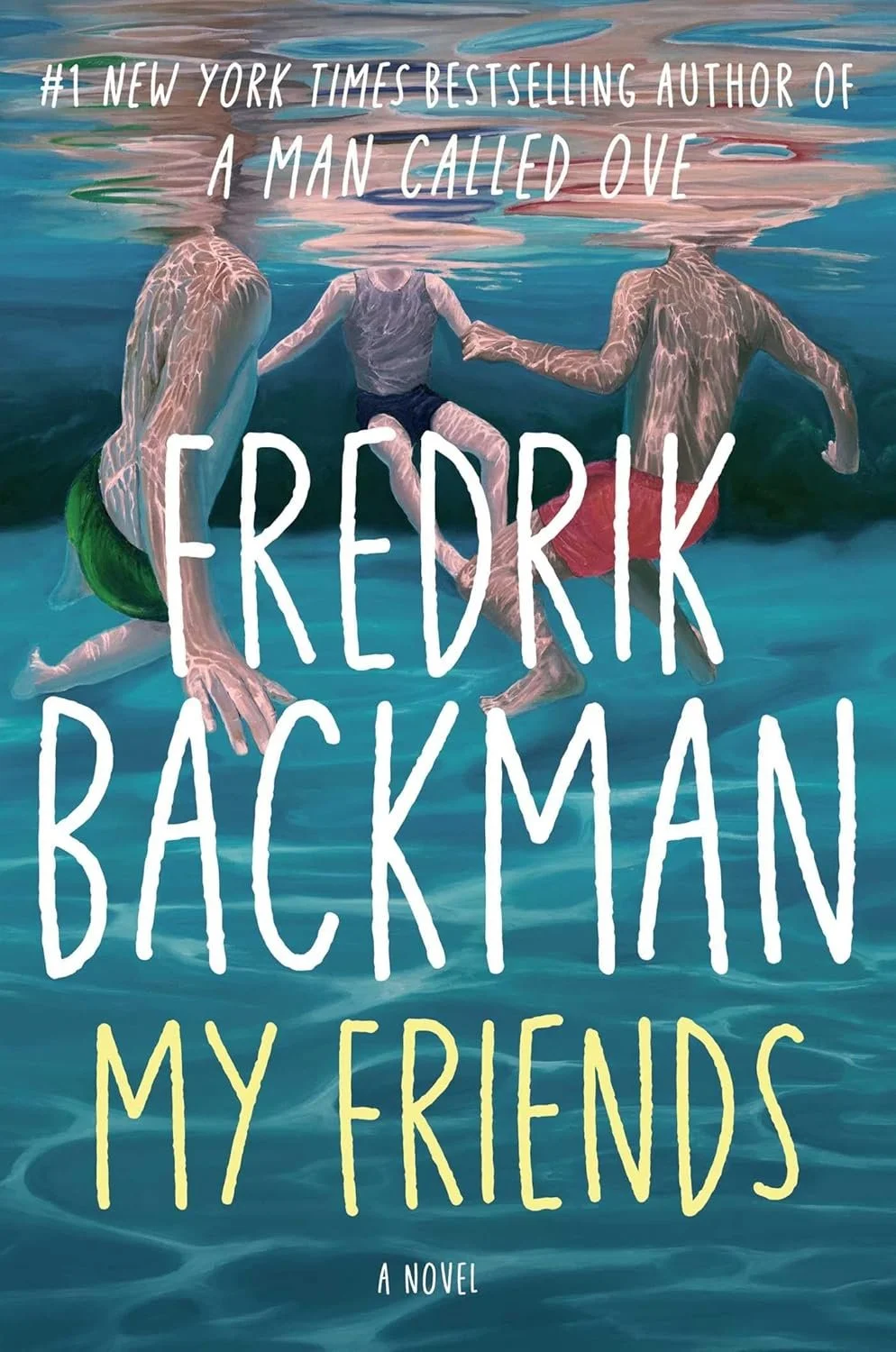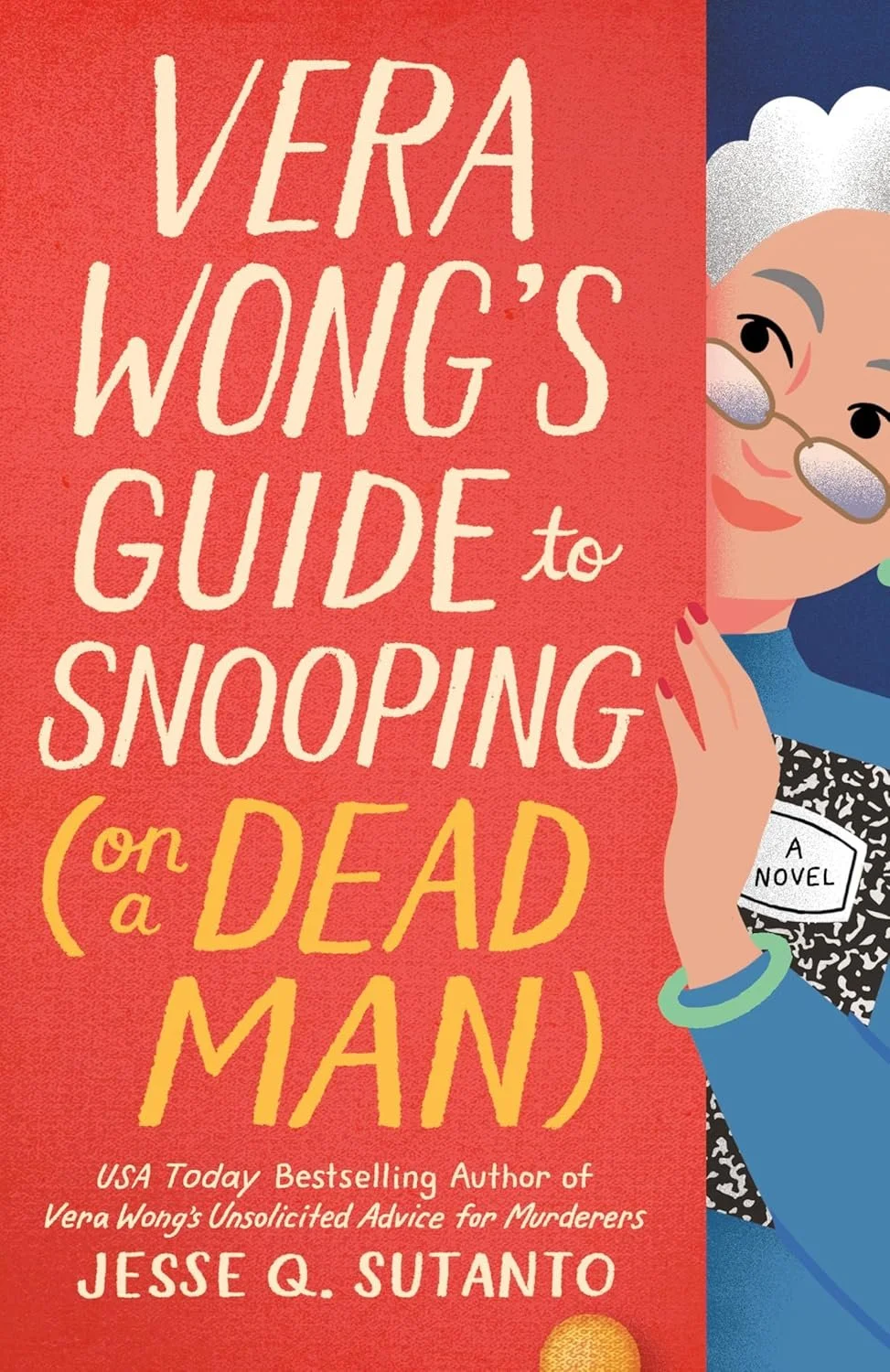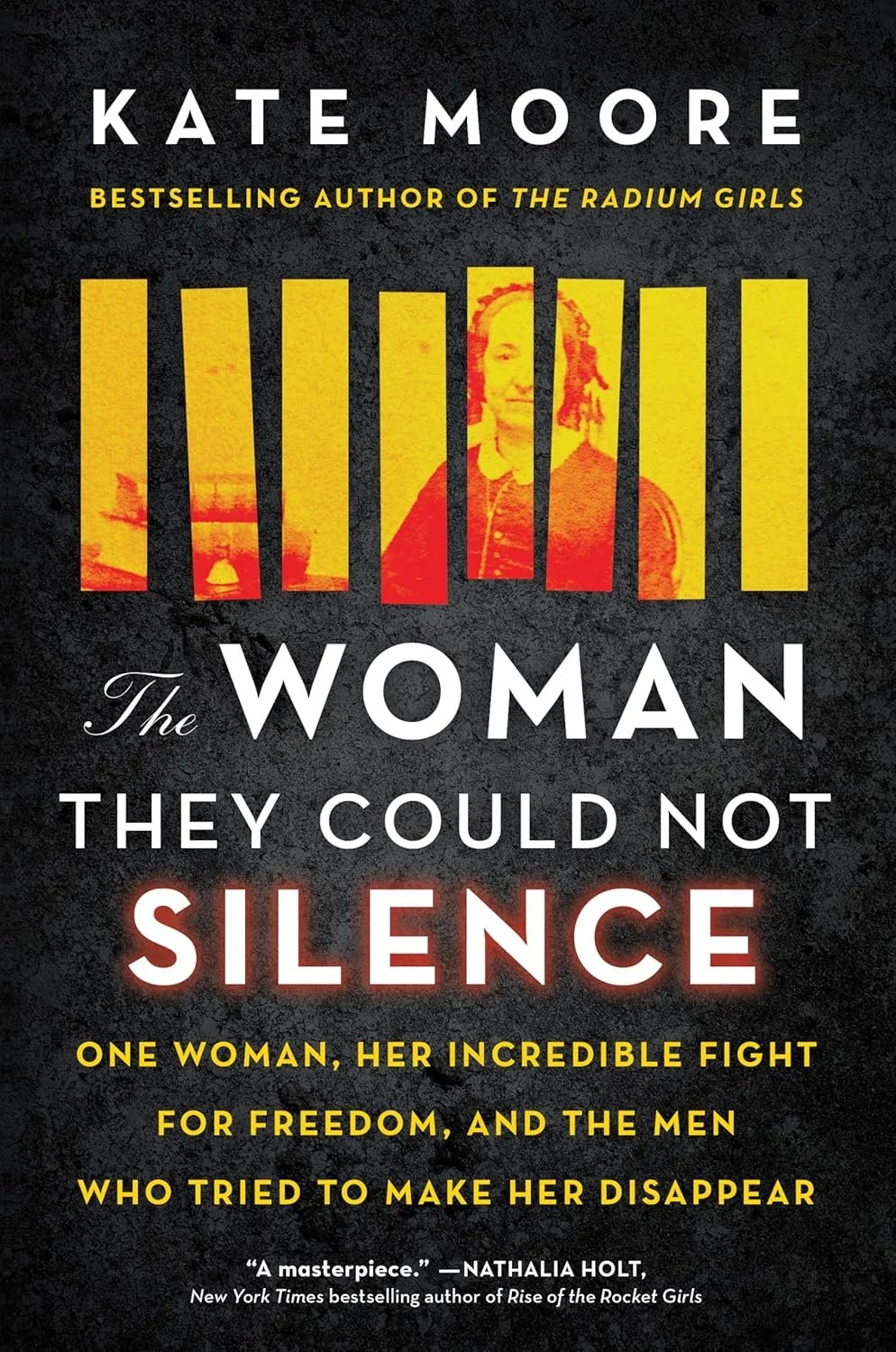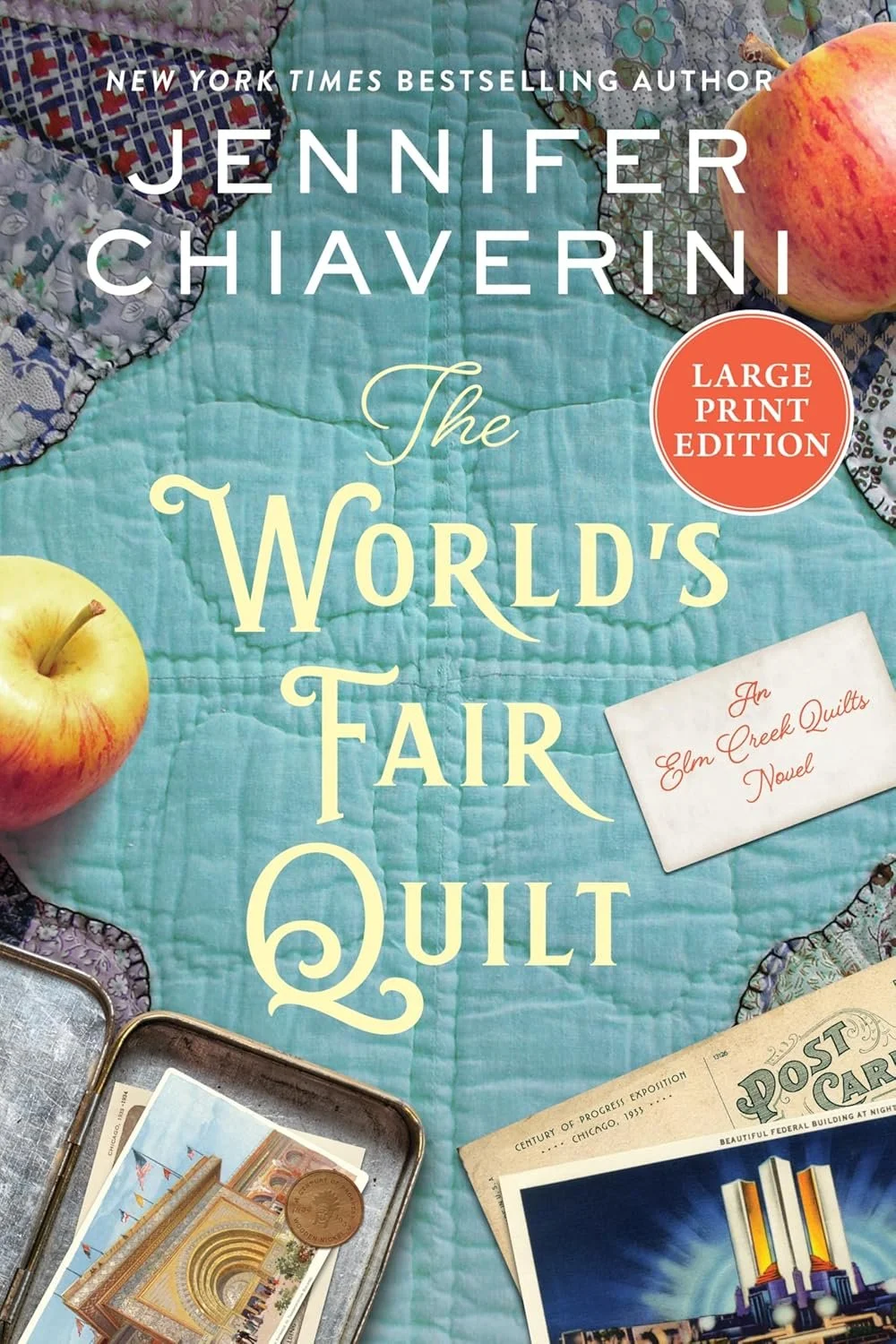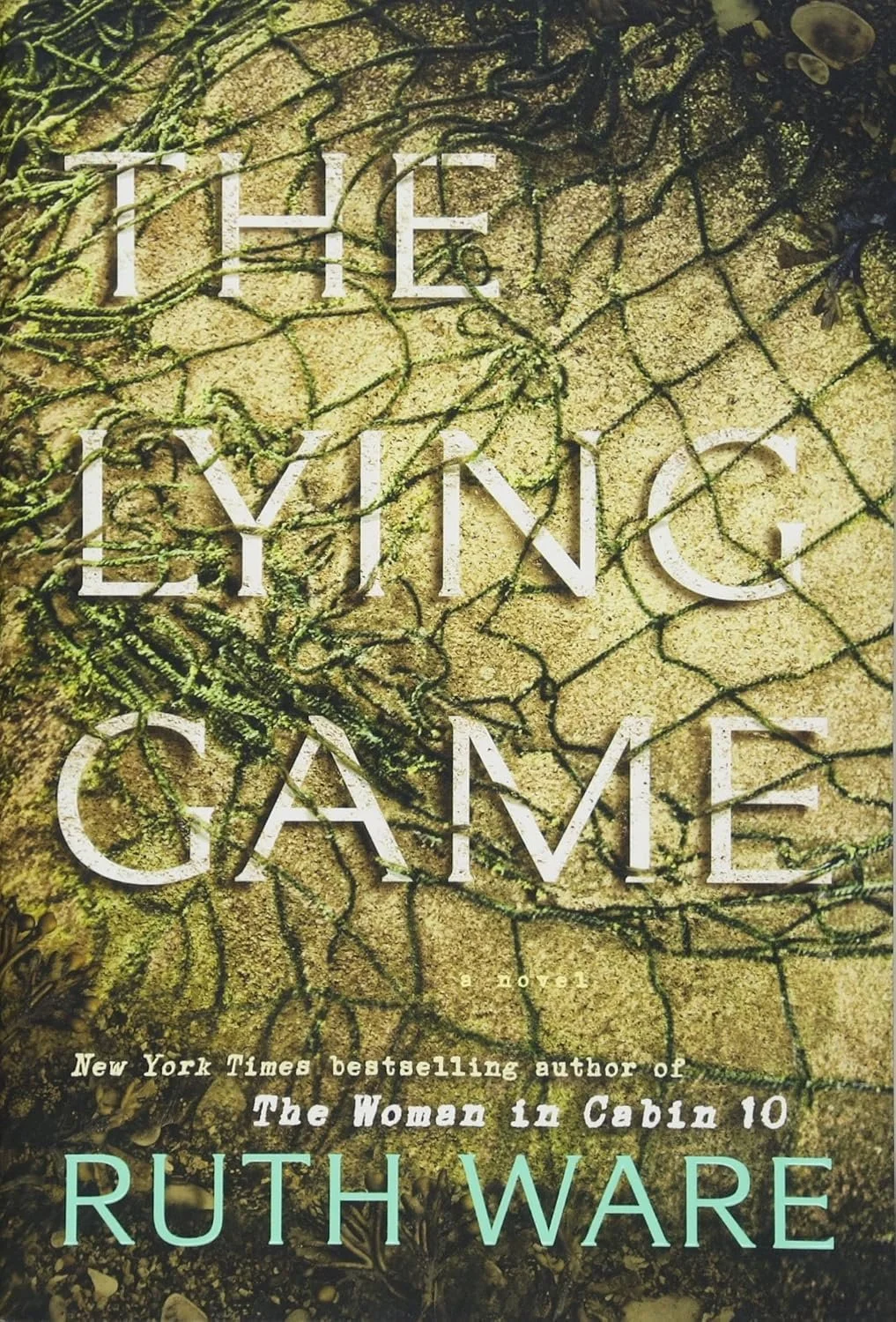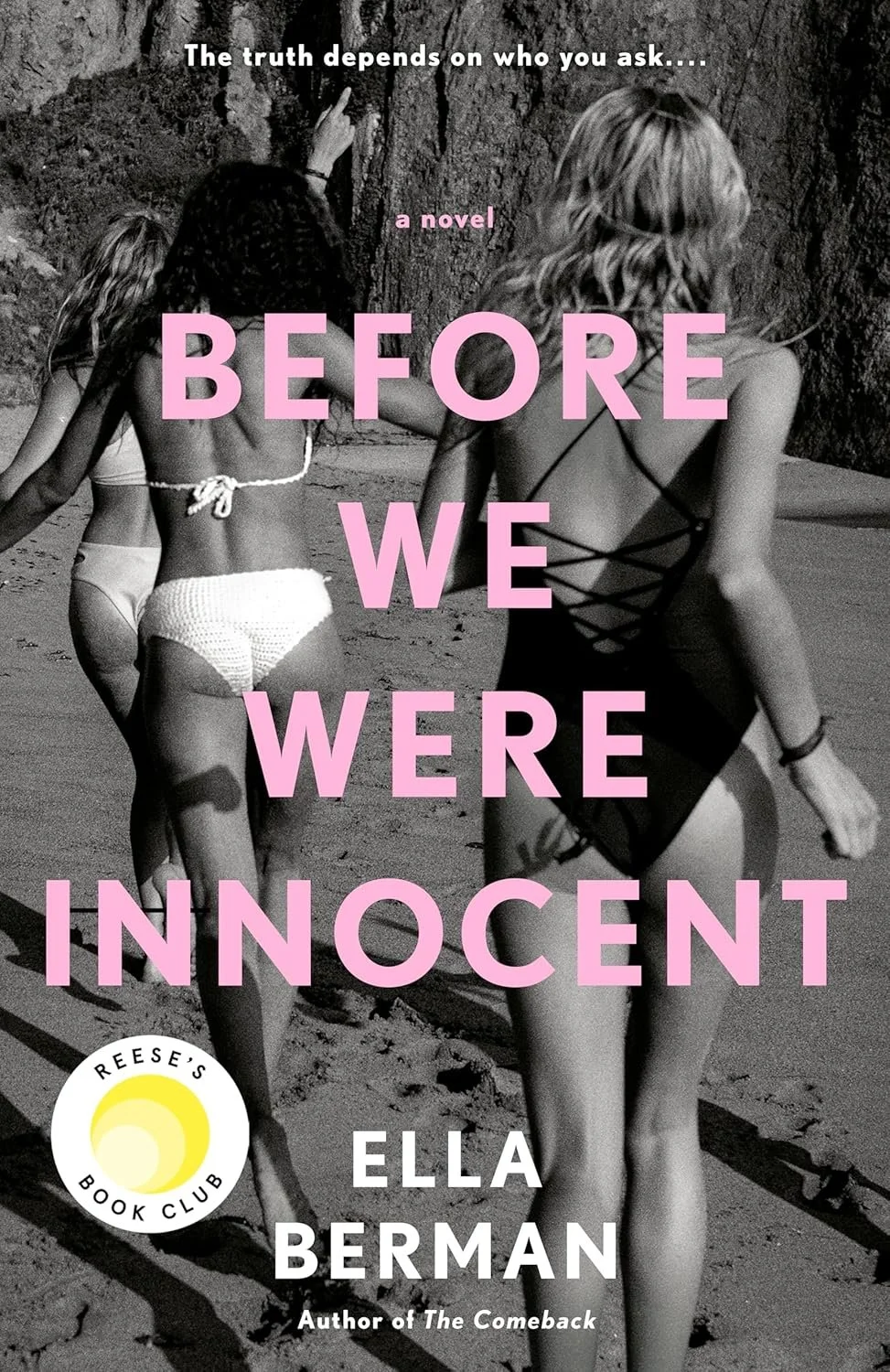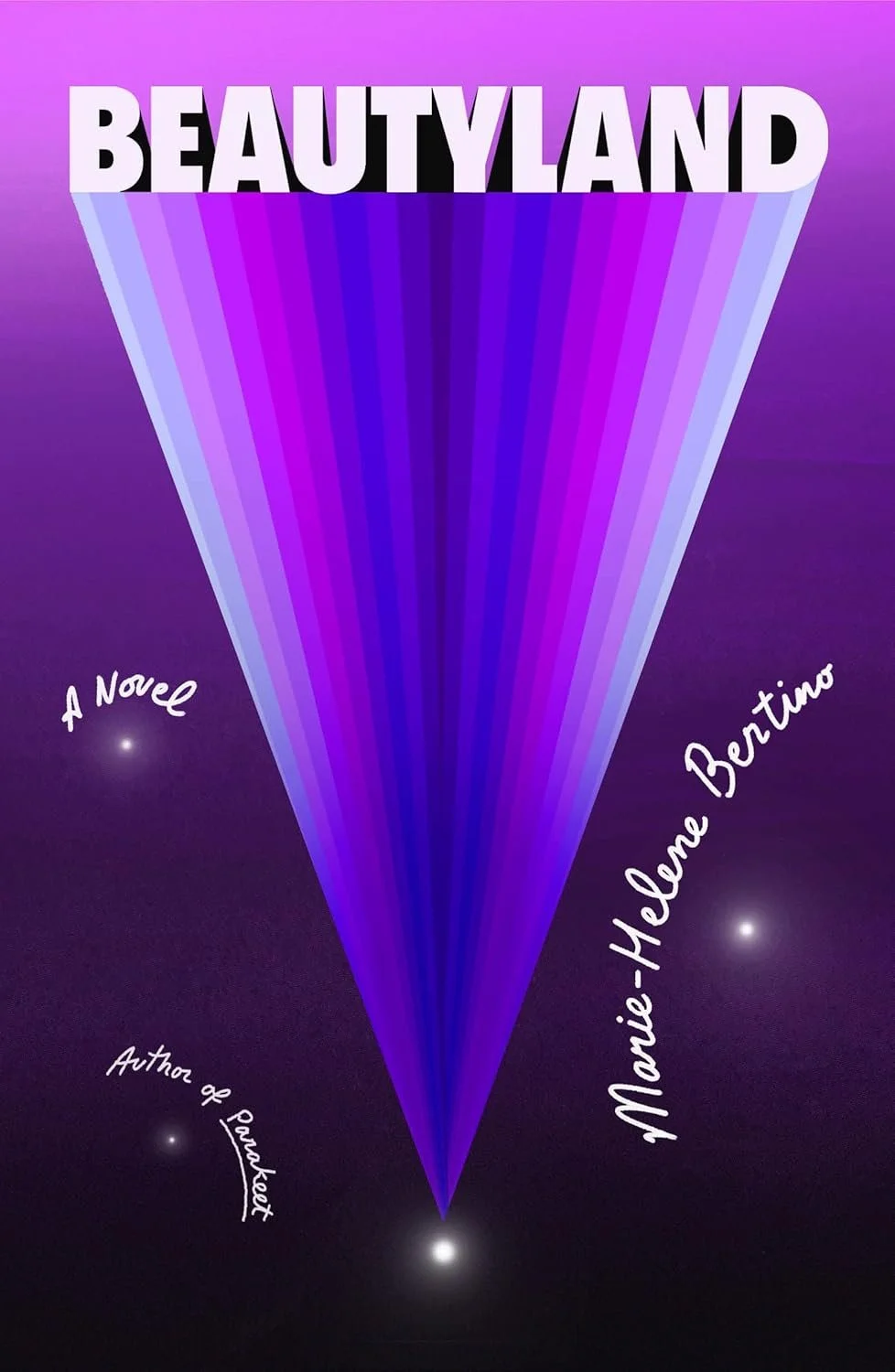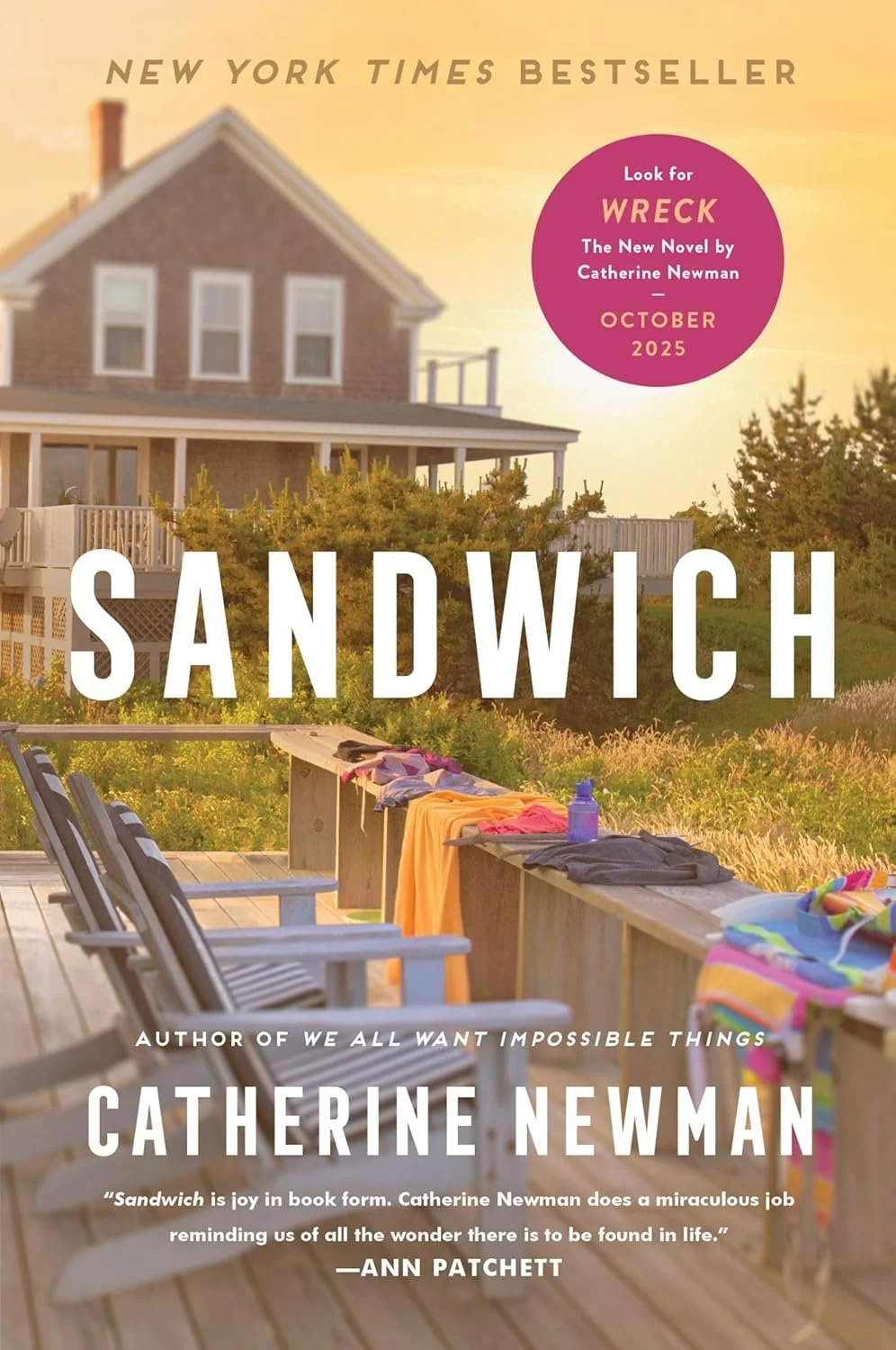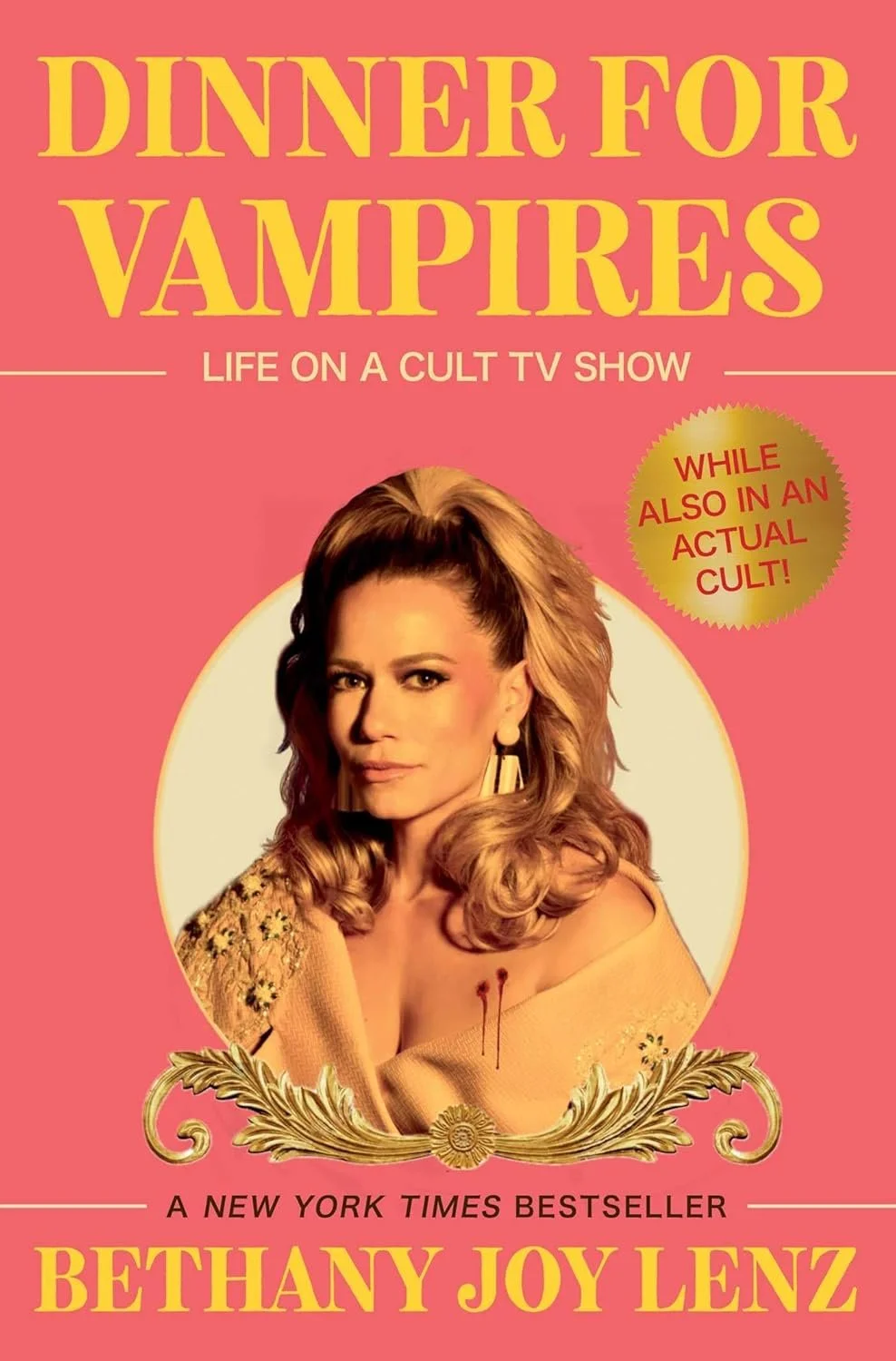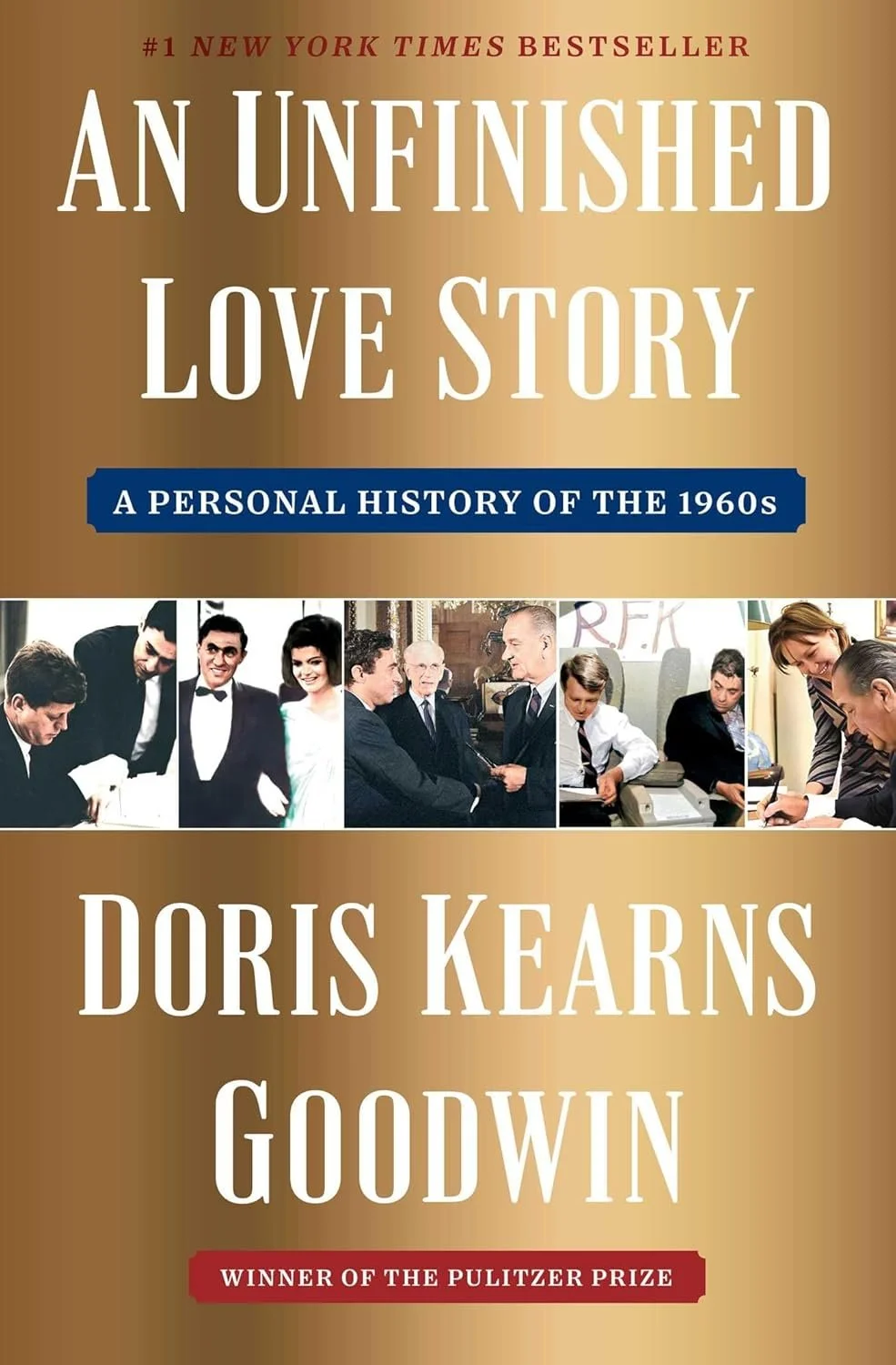The Names - Florence Knapp
Genre - Contemporary literary fiction
Nearly everyone has heard that "A rose by any other name would smell as sweet," Shakespeare’s Romeo & Juliet, Act II, Scene 2. Florence Knapp does an effective job of refuting that notion in her debut novel The Names. Cora must register her newborn son’s name. Her abusive husband demands he be named after his father just as he was. She would prefer something much different. Knapp creates three separate timelines exploring how Cora’s choice on this day impacts the rest of the lives of her, her children, and her husband.
I was spellbound. Knapp created each of the scenarios in such a compelling way that I found myself drawn equally to each iteration of the family. The characters are the same, and yet they are not. I am fascinated by how their stories are so remarkably different and yet many of their core personality traits remain the same. I am often drawn to characterization - reflected in my love of literary fiction. Knapp is next level. How does one create the same set of characters and develop them the way that she does? In doing so, Knapp creates a kind of suspense that was unexpected to me. Beyond characterization, Knapp explores domestic violence, feminine independence, family relationships, breaking, and healing.
In what I am commonly coming to refer to as my reflective stage in life, Knapp’s exploration of choice is very appealing to me. I am indecisive at best. And when I do decide - I revisit the decision ad nauseum. While I don’t particularly remember any regret in naming my children, I am grateful that I hadn’t read this book in advance of the decision. And it’s not just names, right? The decision to stay at a job rather than endure a change (I relive that on often.)... The decision to nurture some friendships as others fade away…The decision to try and hold onto my faith in spite of doubts and fears…The list for me goes on and on. I guess in a way, Knapp offers positives and negatives with the narratives she creates. And in every case life does, in fact, go on. I am undecided yet as to how the reading of this will change me - likely not at all. But I will reflect now in a different way. Maybe. Please read Florence Knapp’s The Names. Boy, I’d like to discuss it with some others.
